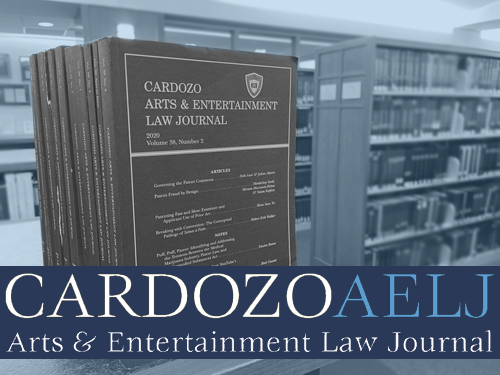Document Type
Article
Publication Date
3-8-2020
Graduation Year
2021
Abstract
In 2014, Kesha filed a lawsuit against her producer Lukasz Gottwald attempting to void her contracts and accusing him of sexual assault and emotional abuse. After this lawsuit was filed, Gottwald then countersued her for defamation and breach of contract arguing she falsely accused him of rape in an attempt to get out of her contract. Gottwald specifically alleges that Kesha falsely accused him of raping her and Katy Perry in text messages sent to Lady Gaga. On February 9th, New York Supreme Court Judge Jennifer G. Schecter made a ruling on this case that had been 4 years in the making. The judge ruled that Kesha’s text message was a publication and therefor defamed Lukasz Gottwald: “publication of a false statement to even one person, here Lady Gaga, is sufficient to impose liability.” The question in this case was one celebrities and private citizens alike have sought an answer to: “Are people liable for what they claim in their texts?”.
This post was originally published on the Cardozo Arts & Entertainment Law Journal website on March 8, 2020. The original post can be accessed via the Archived Link button above.
Recommended Citation
Noll, Anastasia, "TiK ToK: Time is up on Kesha lawsuit" (2020). Cardozo Arts & Entertainment Law Journal (AELJ) Blog. 229.
https://larc.cardozo.yu.edu/aelj-blog/229



